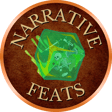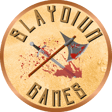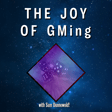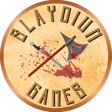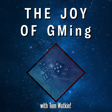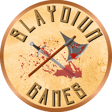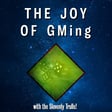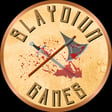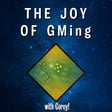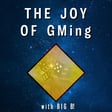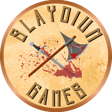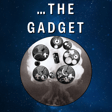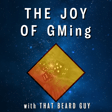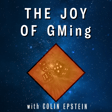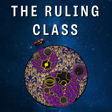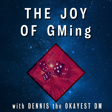
The Joy of GMing w Special Guest Wythe Marschall!
In this episode, Casey Jones chats with the writer, anthropologist, and designer of the game Stillfleet, Wythe Marschall!
Listen as we explore:
- The jostles and joys of creating your own TTRPG
- Finding the perfect people to collaborate with on your passion project
- Play testing and fine-tuning a game system you come back to again and again
- Building in a post-apocalypse world with cartoon physics
Whether you’re a game designer, podcaster, or a creative of any kind, you’ll find delightful inspiration in this stimulating talk.
👉 Connect with Wythe on Linkedin!
🎲 Listen to his podcast, Why We Roll!
🧙♀️ Join his Discord to learn more!
And don’t forget:
• Subscribe & share your thoughts in a comment
• Follow Narrative Feats on Blusky and X
• Play a game with Casey on StartPlaying!
• Send your questions to NarrativeFeatsPodcast@gmail.com
🎶 Music by Tabletop Audio
🎵 Theme by RJ Pirchinello
